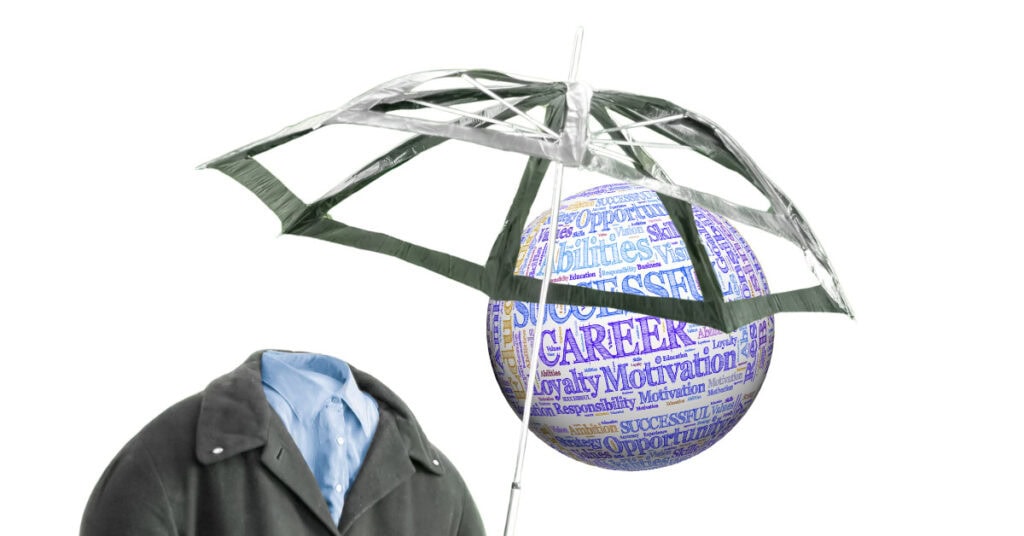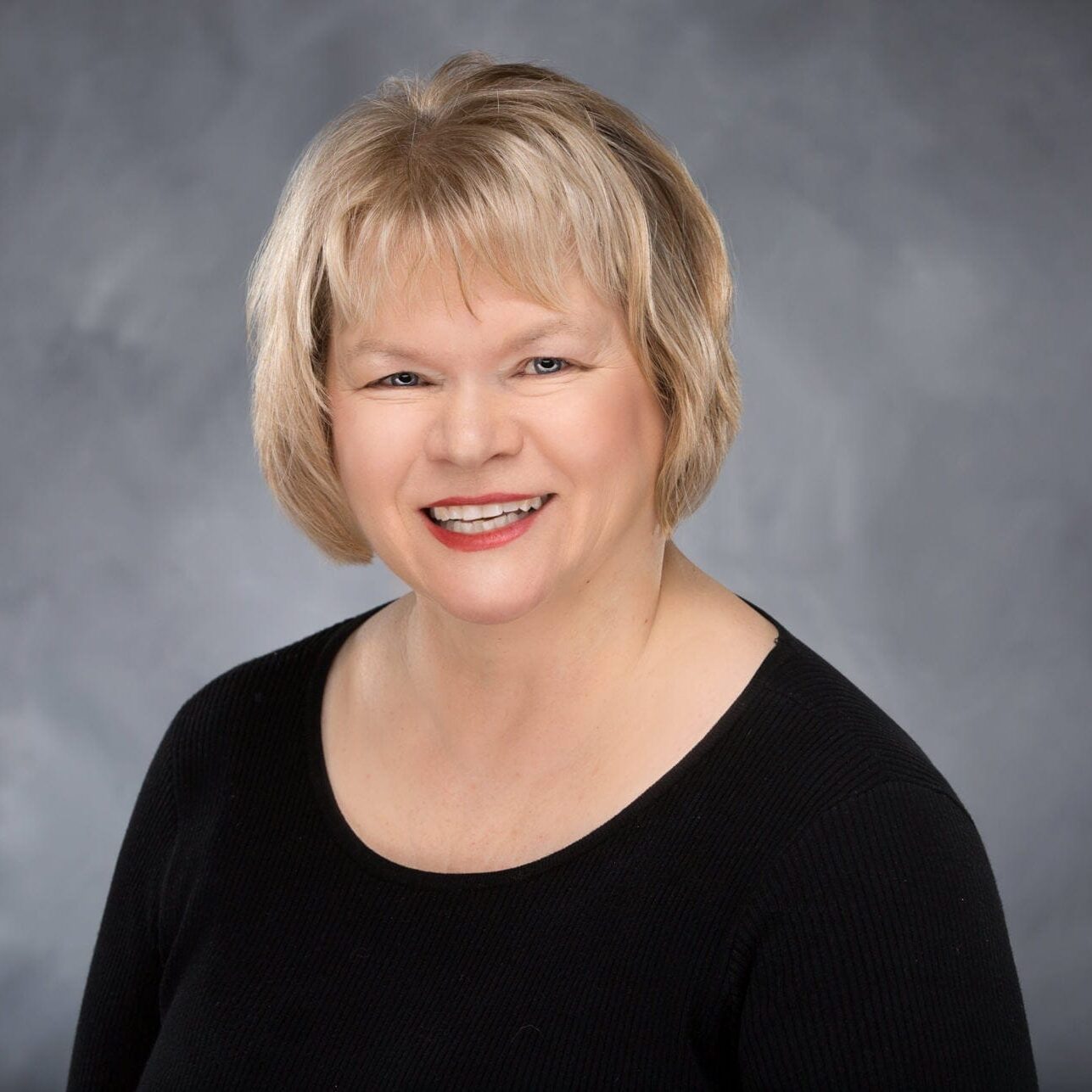Job Search Organization: Where did I put that resume?
How is your job search organization? Can you easily find your resume files? Are you one of those people who are always misplacing things?
What is your job search organization system?
I know people who keep every file on their desktop. Their objective is to easily find it. Guess what? Windows or MAC doesn’t seem to matter. Cluttered desktops are often the norm.
As someone who struggles to keep the top of my physical desktop and other surfaces in the office clear of clutter, I be totally lost if I had no organizational system for my files in my computer.
How to improve your job search organization
When you need to start or carry out a job search, you don’t want to have to look all over for your important career-related documents.
My electronic resume filing system evolved for my clients. Obviously, I need more space for resume files than the average career changer or job seeker:
- One folder is labeled resumes, then separated into individual files, A-Z.
- Each letter of the alphabet file folder has individual file folders for each client.
- Depending on the client, I may create subfolders for their individual files. I may label one resume, one cover letters, one with a different title for other career documents.
How to create your own resume file system for better job search organization
Create a file folder for resumes within your system.
Create a file folder within Documents, label it Resumes – Your Name
In case you share the computer with other family members, they should have their own folder.)
File your career search and career- related information
- Your resume
- Additional versions of your resume with your name and target job (Jacob Share on JobMob shares his perspective on naming resumes here: 35 Resume Filenames Recruiters Won’t Respond to)
- Cover letters
- References
- Letters of recommendation
- Job Evaluations or Assessment reports
- PowerPoint presentations
- Networking contact list
After you land your new position, continue to add to the folder
- List your accomplishments, achievements, and milestones
- When you are ready to update your resume, you can easily access your information and don’t have to start from scratch.
Use JibberJobber for job search organization
Check out JibberJobber, the career management tool to track your network, organize your job search and stay on track. Jason Alba added the easy button to your search with this great tool.
In the future, your job search will go much smoother and you won’t be asking where did I put that resume?
16 Comments
Resume Design and Job Seeking Tips
Here are Design Resumes' latest articles on job search, resume design, resume writing, and Linkedin optimization articles I've written.
Julie Walraven
Professional Resume Writer
Here are ways I can help you land your dream job.
You may be halfway across the country or the world. When you work with me, we share coffee, laughs, and concerns. This turns the scary job search into creative, consultative writing and learning sessions.






Messy desk tops drive me crazy! My husband has every file spread across two 28″ screens! I get dizzy if I have to use his computer. Thanks for reminding us of the importance of having a system in place to keep us organized.
You are welcome, Kimba! I just find that some people use those desktops like file boards but it rarely works right.
Julie –
Great tips — as usual! (I wish the rest of my house was as organized as my computer.)
Something else to add to that resume/career file — a copy and pasted Word version of the job posting. I learned that lesson the hard way.
I was working on a client project early one morning. After a few hours, I took a breakfast break. During the 20 minutes I was gone, the job posting was taken down … along with it, all the valuable key words, required skills and contact information for the position. (Fortunately I’d already pulled most of what I needed from it, but I was still stunned.)
From that day forward, I instructed clients to copy, paste and save posting info in a Word document before forwarding it to me for use in crafting their resume. That way I’m sure to have the info I need when starting on a project and I’m sure they’ll have it when it’s time to interview.
The posting may come down long before the interviewing starts and that posting contains information that can and should be used during an interview.
You’re so right; organization is paramount during a search. Thanks for taking time to share suggestions in helping with it.
Great point, Dawn! And probably should be your next post and it gives me another idea for later. There is much work to job search!
Yes to Dawn’s point! It’s gotten so I feel nervous if I wait to copy the job posting over. Any second now it could be gone!
I wanted to add another tip: Printing out a copy of the resume/cover letter you sent along with the job posting. Somehow, having a hard copy easily accessible when the phone rings always makes me feel better, especially if I don’t have my computer on.
Thank you, Becky! I appreciate you coming over to say so. You are always welcome in my comments. I actually print out anything a client sends to me when I work on a new resume too. I prefer to see the paper copy as I work on it. Having hard copies is always a good way to be sure you don’t lose your important files if your computer acts up!
You know, I have three icons on my desktop. :>
What I find works for me as a job seeker is having a folder for each employer/recruiter, with docs sorted by position title, then document (e.g., Tech Writer cover).
I track contacts by using Outlook: for me, this us actually fairly useful.
Good tips, Ed, and I am glad you found this post, I was going to see if you found it if you didn’t tweet it or comment (one and the same in your case usually).
I think more folders are better for most people to keep things organized. I started my electronic files with initially one big file called resumes and the individual people’s documents loose in there. Then I went to an A to F strategy and the full A to Z strategy and now each person gets their own folder and depending on the complexity of the person and level of their career, I need to add subfolders to differentiate their documents.
From John Akerson on Twitter (http://www.johnakerson.com/):
You might suggest burning that to a cd/usb, with other important stuff.
I personally use BaseCamp to organize all my resumes and documents, it’s very useful.
Do you know any good tools for synching resumes? Let’s say I have 5 different resumes for different job categories, but my address changes.. it’d be tedious to change it across all 5 resumes.. is there a tool I can use that can change it in all resumes automatically?
Are you creating in Word? It doesn’t make it much easier but you could set up a Find and Replace and then every time it encountered the phrase, it could replace it. You would still have to open each document to do that and you probably have to set up the find and replace each time because I think it may forget between documents. At least you know you have to change it! I’ve had clients leave old e-mail and phone numbers in resumes and then wonder why no one calls.
Excellent tips as always, Julie! I love the A to Z approach! The job search has enough demands and stress as part of the turf. This is an easy-to-follow organizational system that will keep some of that stress and worry out of the picture! Thanks for sharing!
Thank you, Barb, for everything! I getting organized is such a challenge. Oops, looks like the tweak I just made to my settings wiped out my counters and I have 0 tweets on one of my best days. Thanks for stopping by… I have lots of reasons to want to stay organized… and the next blog post is forming in my brain.
Julie:
Great job in laying the foundation! Being organized is a challenge for many (including me!).
There are some great additional ideas here.
I also want to suggest that you back your files up or copy them on to a zip drive or external hard drive of some sort.
When our computer crashed last year, my husband lost every document he had (and me too). He spent a long time trying to gather everything from emails to recreate his work.
Wonderful helpful post!
Good point, Hannah! I have always had a form of back-up but was never good at it. Last year, I moved many files to two external hard drives and that’s useful for grabbing photos and old files but I still wasn’t good at regular back-ups. I had heard colleagues talk about Carbonite and after talking with Dawn Bugni in New Orleans at the CMA Conference, I signed up. Now I know my files are backed-up and I don’t have to worry about it.
Just to let you know, Sis, my pc’s Windows XP operating system has a way of purging the desktop screen of all those unused short cuts. Perfect Optimizer also does that for the Start Menue. So, yes, keeping important stuff like a resume and other career or job search information in a separate folder would be wise.